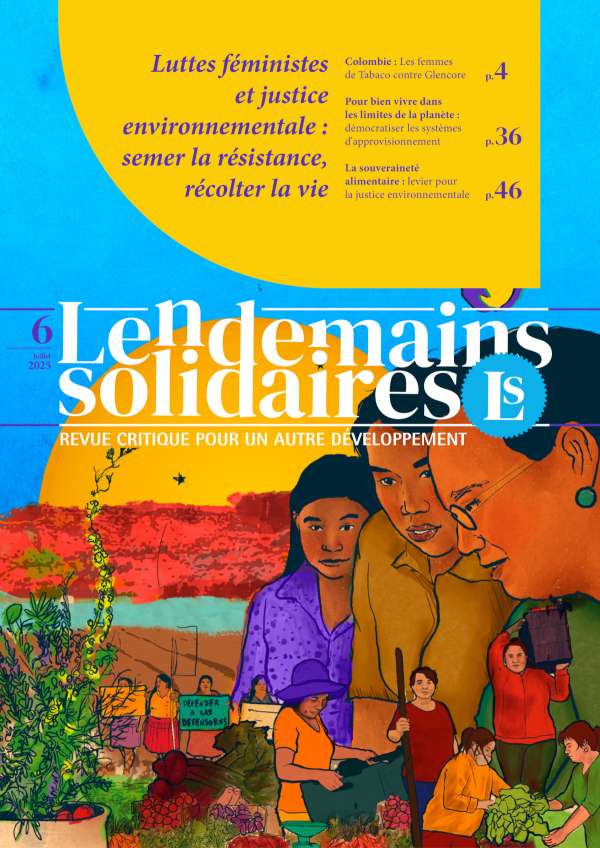CETIM focuses on the promotion and implementation of economic, social and cultural rights (ESCR). They are the backbone of human rights and a powerful tool for achieving a self determinated development model by peoples. This is particularly true for the most vulnerable and marginalised populations. Properly implemented, these rights contribute to the respect for human dignity and to the achievement of social justice. On the contrary, the violation of any of them can jeopardise the enjoyment of all the others.
The universality, indivisibility and interdependence of human rights are enshrined in international instruments. Yet, we are still a long way from their effective implementation for all, and ESCR are among the worst off. Indeed, the basic needs (food, water, health, housing, education) of a third of humanity are still not being met. In some respects, the situation has even deteriorated, including in the countries of the North. This is due to the fact that the policies adopted at economic level accentuate ESCR violations and cause
– increased poverty
– growing inequality across the world
– multiple crises (political, economic, financial, environmental, social and cultural).
By definition, human rights are designed to protect citizens from the arbitrary actions of the most powerful and their governments
The international health crisis linked to COVID-19 has only exacerbated this situation. It has also shown the importance of implementing public policies based on ESCR. In particular, the right to health, the right to housing, the right to food, the right to water, the right to work, the right to education and the right to social security.
But for human rights to be better respected, they must be known, they must be demanded and they must be enforced. However, victims are often unaware of their rights and of the mechanisms available to them for appealing (at national, regional or international level). States, which have an obligation to inform and educate their citizens about human rights, often fail in their duties.
The role played by civil society organisations and social movements in human rights education and training is therefore crucial
– to denounce human rights violations
– to contribute to the implementation of existing standards.
HUMAN RIGHTS COUNCIL 5th session 11 June – 18 June 2007 [Excerpt from the statement] The Universal Periodic Review (UPR) mechanism is fuelling many hopes and some concerns, including that expressed by 61 non-governmental organisations in an open letter to the President of the Council (dated 11 June 2007) concerning the treatment that will be […]
Continue reading
HUMAN RIGHTS COUNCIL 5th session 11 June – 18 June 2007 [Excerpt from the statement] Since its creation last year, the Council has only kept four countries on its agenda: Belarus, North Korea, Cuba and Myanmar, inherited from the former Commission. In many respects, is this legacy not a reflection of the double standards applied […]
Continue reading
HUMAN RIGHTS COUNCIL 4th session March 12 – March 30 2007 [Excerpt from the statement] Regarding the revision of mandates, we reaffirm our conviction that a re-balancing should take place between the two categories of human rights. Violations of economic, social, and cultural rights, as well as the right to development, are undoubtedly those that […]
Continue reading
HUMAN RIGHTS COUNCIL 4th session March 12–30, 2007 [Excerpt from the statement] It is regrettable that the Working Group’s agenda has been reduced to approving the proposals of the task force, even though the latter’s activities are far removed from the Working Group’s mandate. As we have already proposed, the Working Group should be transformed […]
Continue reading
HUMAN RIGHTS COUNCIL 4th session March 12 – March 30 2007 [Excerpt from the statement] Indeed, in order to understand the debt crisis in Third World countries and the catastrophic economic and social situation in which they find themselves, we must start with the origins of the debt in order to highlight all those responsible, […]
Continue reading
« Previous
1
…
28
29
30
31
32
…
45
Next »


